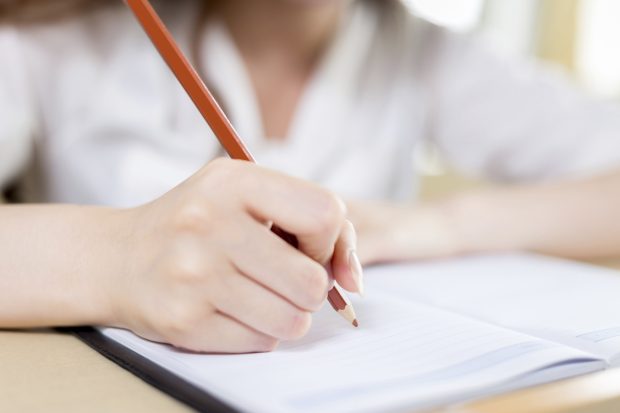
Today’s Education in the media looks at the pupil absence and Parental Responsibility Measures published by the department and the Education Endowment Foundation’s report into the use of calculators.
Pupil absence statistics
On Thursday 22 March, the department published its annual statistics on pupil absence and Parental Responsibility Measures (PRM) for the academic year 2016/17.
The statistics show a small increase in the rate of unauthorised absences, from 1.1 per cent to 1.3 per cent, with overall absence remaining broadly the same at 4.7 per cent, up from 4.6 per cent the previous year.
The story has been picked up by The Times, Guardian, i, Independent, BBC Online and a small piece in the Sun. The coverage broadly focuses on the fact that around one in six pupils missed a least half a day of lessons during the 2016/17 school year.
A Department for Education spokesperson said:
Children only get one chance at an education and evidence shows that every extra day of school missed can affect a pupil’s chances of achieving good GCSEs. Therefore we believe that no child should be taken out of school without good reason – and the Supreme Court agrees with us. The rules on term-time absences are clear and we have put schools back in control by supporting them – and local authorities – to use their powers to deal with unauthorised absence.
Education Endowment Foundation report on calculators
On Thursday 22 March, the Education Endowment Foundation (EEF) published a report claiming calculators can improve pupils’ maths, if used in a thoughtful and considered way.
The department recognises the findings in the EEF’s report. We agree that calculators are an important tool and that children should be taught to use them – but only once they’ve mastered the basics of mental arithmetic and written calculations.
In primary schools children are taught how to add, subtract, divide and multiply without the aid of calculators and they are then prepared to use calculators for more advanced maths that they will build on in secondary school. Calculators aren’t allowed for key stage 2 SATs but that does not mean primary school pupils shouldn’t be taught how to use them.
The Sun, i, Star, Mirror and BBC Breakfast reported on the story and were not critical of the government.
A Department for Education spokesperson said:
Calculators can be an important tool when being taught maths but this must not be at the expense of children mastering the fundamentals of mental arithmetic and calculation - a point which the EEF acknowledges.
Latest results show the number of children reaching the expected standard in maths at the end of primary school has risen year on year. To build on that progress we are investing £74 million in the Teaching for Mastery maths programme and trialling a new online times table check to increase the number of children mastering the basics of mathematics.
Follow us on Twitter and don't forget to sign up for email alerts.